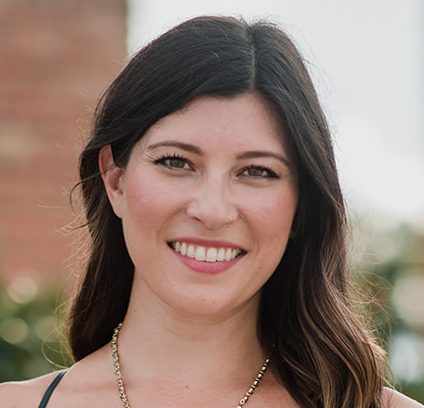
When you hear the word “audition”, what comes to mind? You may think of hit television shows such as “American Idol” or “America’s Got Talent”. And -maybe surprisingly- you wouldn’t be too far off from what an opera audition actually entails. Sure, opera auditions don’t include a studio audience, fancy light shows, or dramatic video montages. But the same basic concept of an artist showcasing talent to a panel of experts in order to secure a job is a necessary part of becoming a professional opera singer.
The basic format of an opera audition is usually the same. A singer will enter the audition room and give a binder of prepared arias to the pianist. (The audition pianist will typically be playing for all of that company’s auditions for the day. Occasionally, the company may require singers to bring their own pianists to the auditions). Singers typically have a list of four to six arias that they have worked up and prepared to take into auditions; in the business, this is referred to as an “audition package”. Usually, the singer decides which aria to begin the audition with. Then, the representatives from the company will choose an additional aria from the “package” to hear. The panel’s choice will often be an aria from a different composer or in a different language, in order to better gauge the artist’s versatility, musicianship, acting abilities, and more.
From an opera company’s standpoint, auditions are a way to find singers who would be right for roles in upcoming productions, as well as to join young or resident artist programs. Most companies hold auditions annually, usually locally and in one or two big cities, such as New York or Chicago. Here at Pensacola Opera, we receive over 800 submissions each season from Artist in Residence applicants and artists wanting to audition for principal roles. We narrow that down and typically hear around 500 singers in New York City and Pensacola. Auditions are typically judged by members of the company’s senior leadership (artistic, general, and/or executive directors), as well as music staff and/or artistic administration personnel. This panel will usually compile notes from the auditions and meet afterwards to discuss any casting possibilities.
Auditioning well can be a daunting task. Singing professionally depends on being able to present oneself positively in these short but significant meetings. Many things are under consideration from the moment a singer steps foot into the room: personality, vocal technique, language skills, and musicality among them. Additionally, a singer may sing for as many as ten or fifteen companies in a season, vying for a very finite number of roles or positions. But as long as the singer is able to think of it as an opportunity to perform and to enjoy being a musician, an audition can become one of the most fulfilling parts of the career.
For more information on how to audition with Pensacola Opera, please visit our Auditions Page.

